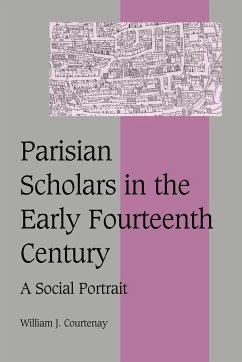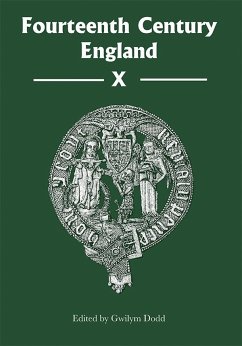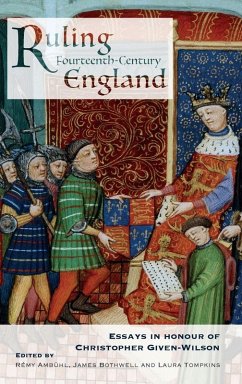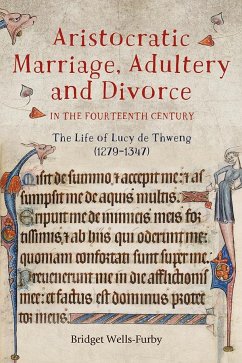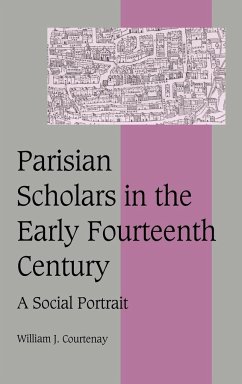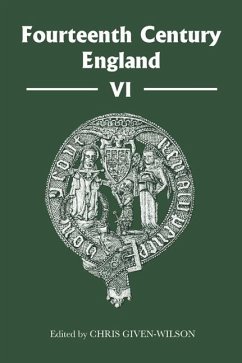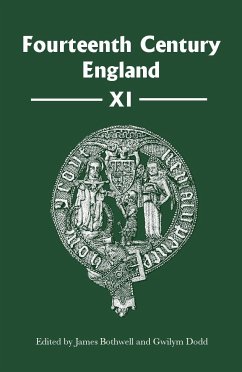
Slavery in Fourteenth Century Famagusta
The Evidence of the Genoese and Venetian Notarial Acts
Versandkostenfrei!
Versandfertig in 6-10 Tagen
39,99 €
inkl. MwSt.

PAYBACK Punkte
20 °P sammeln!
The institution of slavery, which is an indispensable feature of human history, depends on an extreme form of domination. It arises from the limits of total power of the master and total powerlessness of the slave by virtue of purchase, inheritance or war. This research addresses specifically the impact and diversity of slavery in the city of Famagusta between 1300 and 1362 as observed through the Genoese notarial acts of Lamberto di Sambuceto and Giovanni da Rocha, as well as the Venetian notarial Acts of Nicola de Boateriis. It aims to open a scholarly window into slavery and slave trading a...
The institution of slavery, which is an indispensable feature of human history, depends on an extreme form of domination. It arises from the limits of total power of the master and total powerlessness of the slave by virtue of purchase, inheritance or war. This research addresses specifically the impact and diversity of slavery in the city of Famagusta between 1300 and 1362 as observed through the Genoese notarial acts of Lamberto di Sambuceto and Giovanni da Rocha, as well as the Venetian notarial Acts of Nicola de Boateriis. It aims to open a scholarly window into slavery and slave trading activities in the city from a Genoese and Venetian point of view. In this regard, it includes an analysis (synthesis) of the slave population in the city, observing their origin, marketing, age groups, sex, price, social status, daily life and their relations with their masters. The role of Famagusta for international and internal slave trading, and its networks with other provinces, are alsoobserved. Thus, the importance of Famagusta has also been shown as a place to help in the transportation of slaves in international slave trading.



